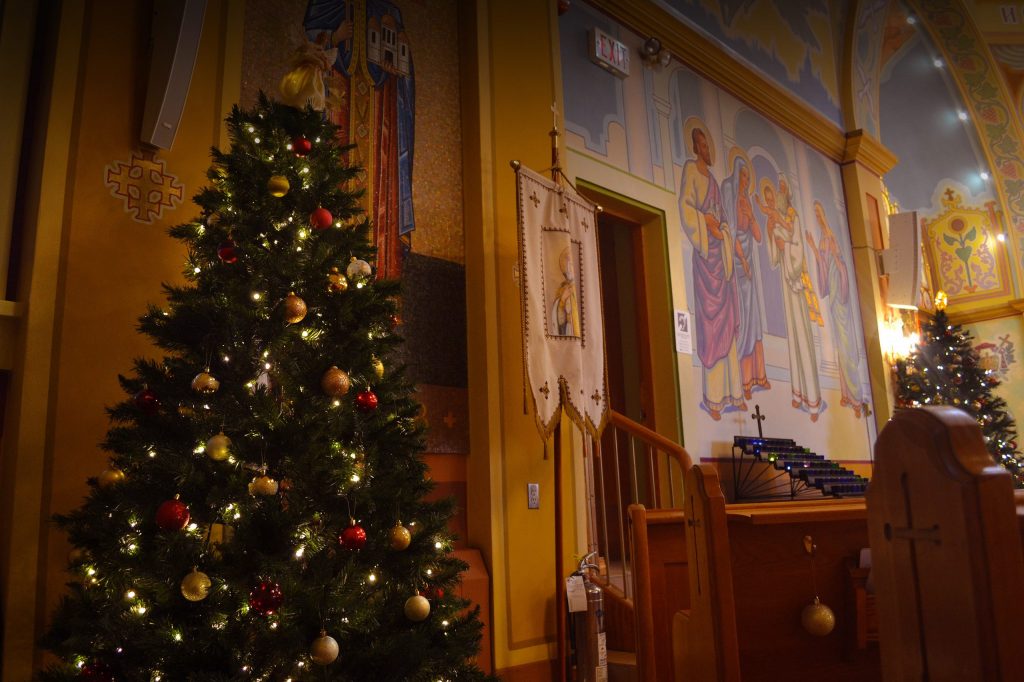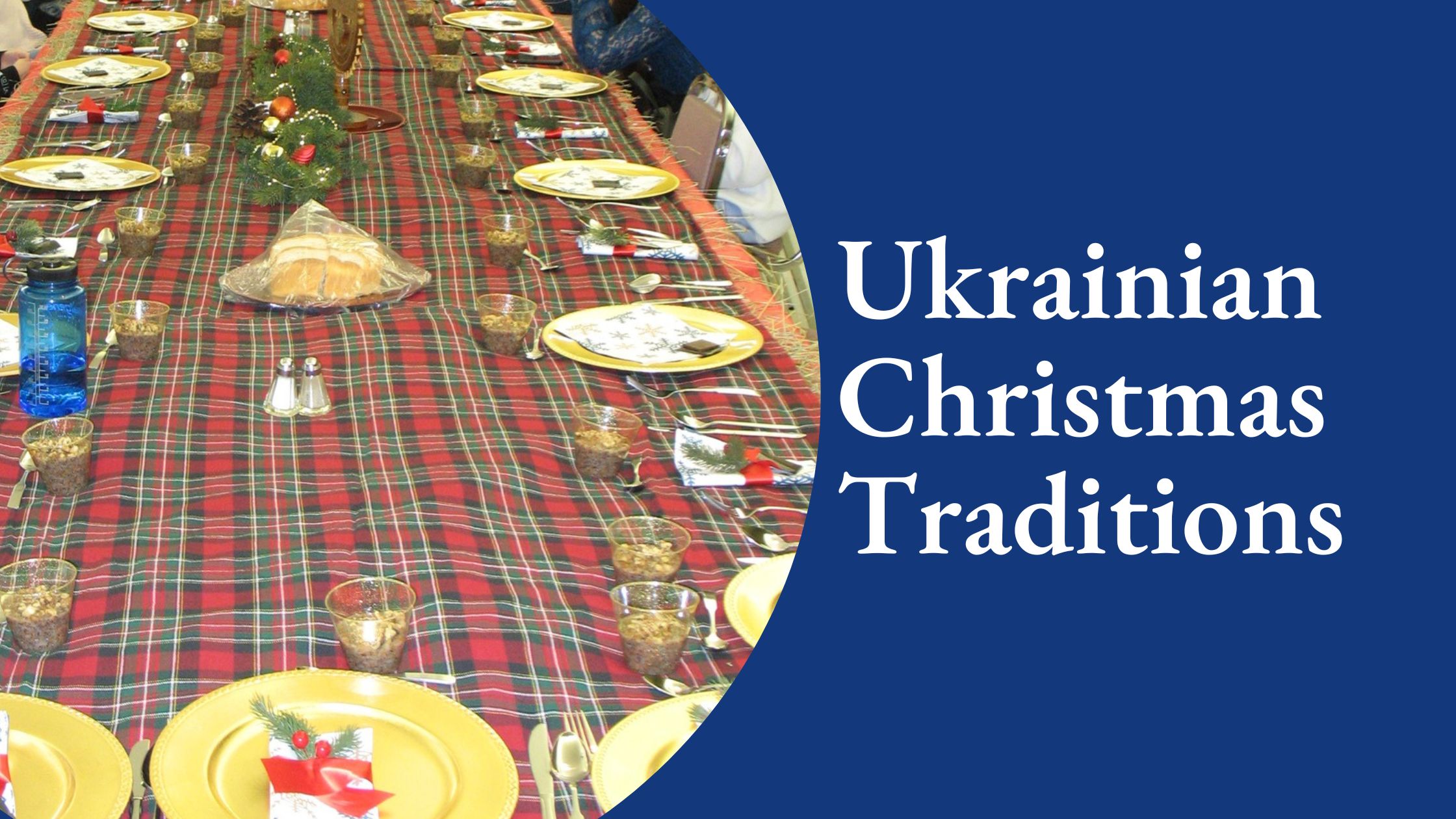In the enchanting realm of Ukraine, where spirituality dances with mysticism and the joy of communal feasting holds profound significance, Christmas celebrations unfold as a captivating blend of rich traditions and symbolic rituals.
Spirituality Meets Culinary Delights
Ukrainians, known for their deep spiritual connection and a hearty appetite for life, bring these elements together in a harmonious symphony during the Christmas season. Christmas Eve, a day of great importance, is ushered in by a six-week lenten period commencing on the Feast of St. Philip. During this time, the air is void of pre-Christmas celebrations, and carols remain unsung until the eve of Christmas.
In a departure from the mainstream European celebration on Christmas Day, Ukrainians reserve their grand festivities for Christmas Eve, lovingly referred to as Vilia. It is a time of abundance, spirituality, and an almost magical ambiance, seamlessly weaving together pre-Christian customs, the realities of hardworking peasant life, and the essence of Christian faith.
Ukrainian Christmas Feast: A Banquet of Symbolism
For Ukrainian peasants, burdened by the hardships of their daily lives, Christmas becomes a respite—a time of plenty and joy. Vilia revolves around two central events: the Midnight Divine Liturgy and the holy supper, or sviatyj vechir, featuring 12 meticulously prepared meatless dishes symbolizing the 12 Apostles. Some believe these dishes mirror the 12 months of the year, echoing ancient pagan influences.
The preparations for Vilia traditionally commence before sunrise, with the father or hospodar taking center stage in crafting the most important dish, kutya. Made by boiling whole wheat until tender and combining it with honey, poppy seeds, and nuts, kutia symbolizes the people’s connection to the land, their dependence on it, and serves as a reminder of Holy Communion. Poppy seeds, regarded as a magical herb, add an extra layer of symbolism.
The culinary journey continues with the kolach, a braided circular loaf of bread representing eternity. Placed at the center of the table with a candle, borsch (beet soup) follows, setting the stage for the remaining 12 dishes, a delightful mix of fish, pyrohy (dumplings), holupchi (cabbage rolls), and traditional dishes featuring dried summer vegetables and fruits.

Symbolic Preparations and Customs
Beyond the culinary extravaganza, meticulous preparations unfold throughout the day. Homes receive a thorough cleaning, with no housework undertaken for the next 12 days. On farms, animals receive extra care as a gesture of appreciation for their contribution to the family’s welfare and recognition of their role as the first witnesses to the newborn Baby Jesus.
Symbolic elements such as hay under the tablecloth, straw on the floor, cloves of garlic at table corners, and an extra place setting left empty during the meal, symbolizing departed family members, reflect ancient traditions and protect against evil spirits. No one is turned away on Christmas Eve, and a candle burning in the window welcomes not only Baby Jesus but any passerby.
The didukh, a sheaf of wheat specially reserved during the harvest, takes center stage during Christmas. As the hospodar recites a prayer, the didukh, symbolizing the family’s ancestors and the bounty provided by the earth, is placed in a corner of honour. Traditionally burned on Jordan or Epiphany, it releases spirits who return to heaven.
The First Star and Traditions Unveiled
As the magical moment approaches, the youngest child eagerly watches for the first star, reminiscent of the star over Bethlehem. Only upon spotting it does sviatyj vechir begin. A prayer is shared, followed by the traditional Christmas greeting “Christ is Born!” Kutia is served individually to each person, mimicking Holy Communion. The leisurely meal is followed by gift exchanges and carol singing, culminating in the Midnight Liturgy.
Embracing Variations and Folk Traditions
In celebrating Ukrainian Catholic Christmas traditions, it’s crucial to recognize the rich tapestry of variations that exist. Folk traditions, by nature, are diverse, and this is just one variation among many.
In essence, Ukrainian Christmas Eve is a celebration that transcends time, a delightful fusion of spirituality, symbolism, and culinary delights—a cherished journey into the heart of tradition, love, and joy.

